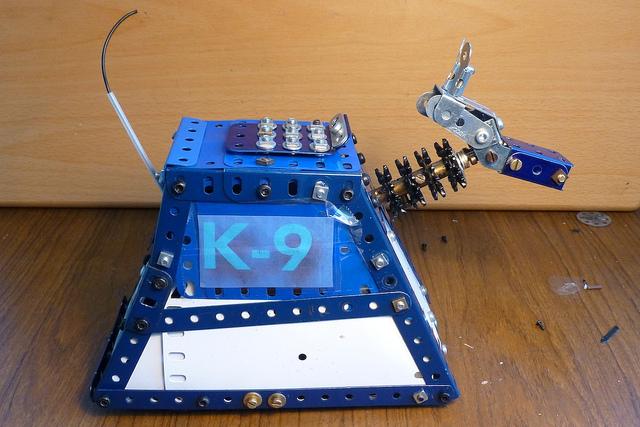Sea State
A report released by the Center for Strategic and Budgetary Assessments has proposed basing a second US aircraft carrier in Japan. The report argues that a continuous presence of US naval assets will be harder to sustain if the number of vessels declines (which is likely) and that forward basing would make deployment much more efficient. An aircraft carrier based in Japan would be able to spend triple the amount of time in its area of operation compared to one based in the US. However, the US Navy reportedly has not yet discussed the possibility.
The UK has been forced to ask for help from France and Canada as they search for a Russian submarine. The submarine was reportedly spotted off the Scottish coast and the UK fears the boat could be trying to spy on a Trident nuclear deterrent sub. The UK retired their sub-hunting aircraft in 2011 during widespread military cuts and they are yet to be replaced. Russian submarines have been quite the nuisance this year, eluding the Swedish Navy in Stockholm and ‘aggressively operating’ near underwater communications cables.
The keel has been laid down on the third and final Hobart-class Air Warfare Destroyer, HMAS Sydney. HMAS Hobart was launched in May and is due to be delivered in mid-2017, with the Sydney due for delivery in the first half of 2020.
Flight Path
Uh-oh, it looks like the long-troubled F-35 Joint Strike Fighter program may about to take another hit—this time from the US. It seems that ballooning costs and low production rates of the fighter program are causing the US Air Force to consider buying additional F-15s or F-16s. Franz-Stefan Gady takes a look at the rumours on The Diplomat. But it’s not all bad news for the fighter program—the UK has ramped up its commitment to the program, with Prime Minister David Cameron announcing over the weekend the UK will buy 138 F-35s, with 24 in operation by 2023.
The Royal Australian Air Force and the Australian Antarctic Division have successfully completed their first joint mission delivering bulk cargo to Antarctica by air. A C-17A Globemaster, the largest aircraft to land at the Wilkins aerodrome in Antarctica, made the 3,500 km trip from Hobart. You can watch a short time-lapse of the C-17 being unloaded here.
The French aircraft carrier Charles de Gaulle has been deployed to the eastern Mediterranean to enable French jets to intensify air strikes on Daesh targets in Syria. Since the Paris attacks, French airstrikes have been targeting the Daesh stronghold of Raqqa in Syria. Britain is reportedly poised to join France and other countries in carrying out airstrikes against Daesh targets.
Rapid Fire
Although Canada may be drawing down its aerial presence in the war on Daesh, Prime Minister Justin Trudeau has announced an increased number of Canadian military advisers on the ground in Iraq. The number of additional troops to be deployed isn’t clear yet, but there are already roughly 600 Canadian Armed Forces personnel in Iraq, including 69 Special Forces trainers.
US Marine Corps infantry units are conducting tests alongside the affectionately-named ‘Spot the robotic dog.’ The prototype quadruped robot is being developed by google-owned company Boston Dynamics, and is being used to investigate the possible role of quadruped robots in combat zones. The training exercises tested Spot’s scouting abilities by sending the robot into buildings ahead of marines, but he could also be used for load carriage, search and rescue operations and charting enemy territory.
The number one problem with the US Army may be the number of non-deployable soldiers. Speaking at Fort Leavenworth last week, Daniel A. Dailey, Sergeant Major of the Army, stated that as many as 50,000 US soldiers were medically unfit for deployment. Daily said that this amounts to roughly three of the ten US Army divisions and represents a sizeable impact on force readiness.
